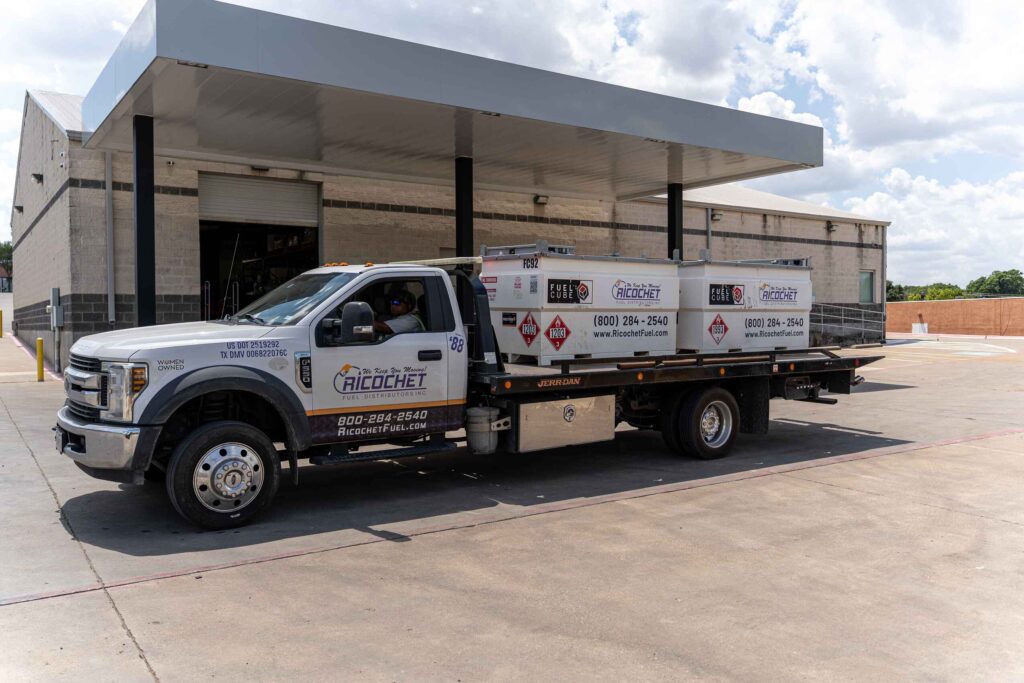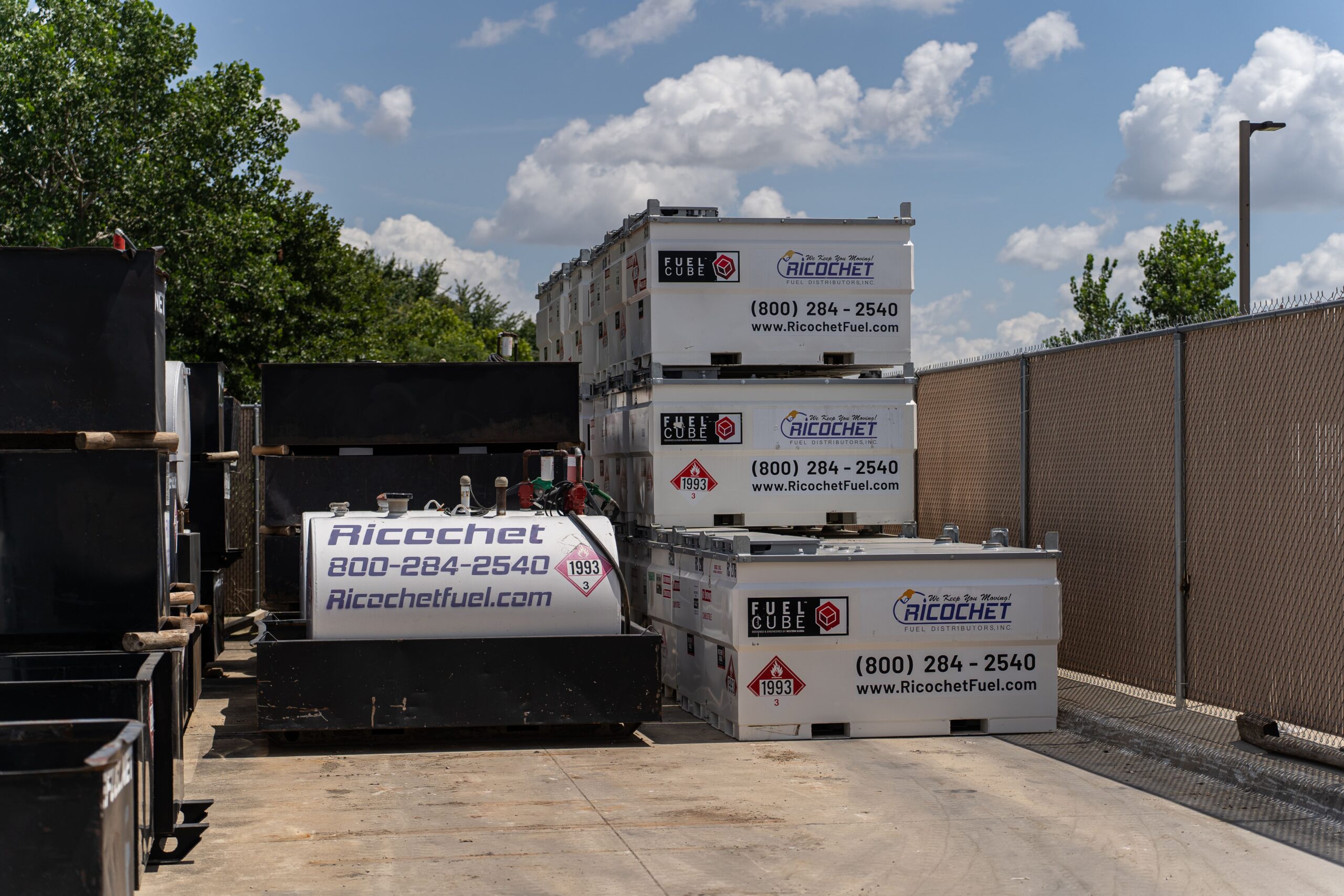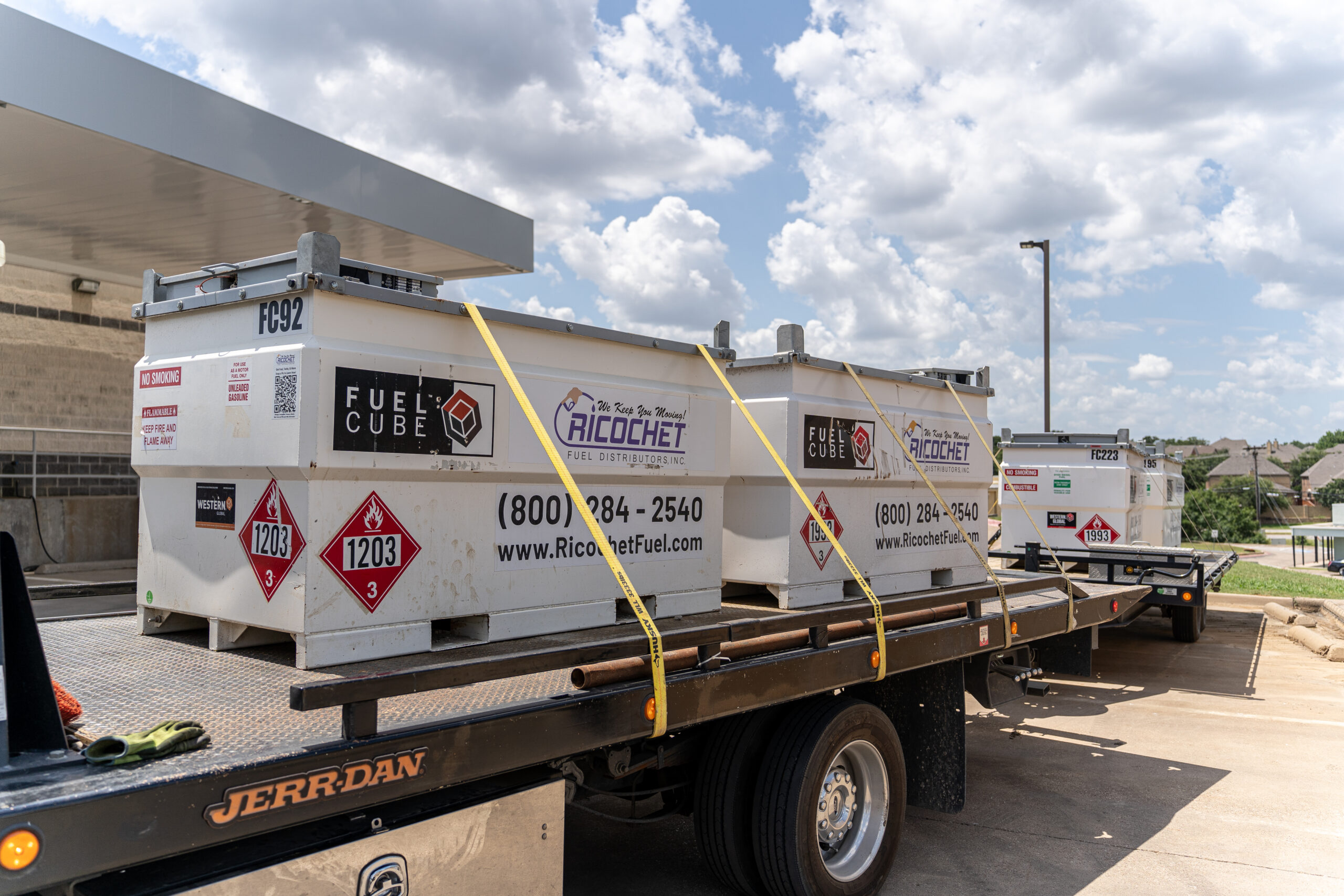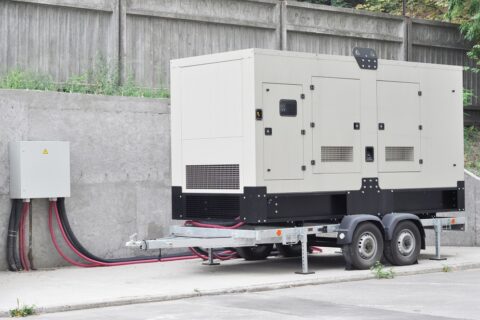When Fuel Runs Out: Unconventional Fixes That Saved These Job Sites
Shortages of fuel on job sites can hamper operations abruptly. Productivity decreases when equipment stalls and crews waste time waiting. It is not only an inconvenient possibility to run out of fuel to operate in the construction and industrial worlds, where uptime is essential. But it disrupts the schedule and means of handling the budget, too. Although this is not a proper system to prevent this, many work teams have been forced to come up with unconventional, temporary ways of doing this, only to sustain the work.
In this blog, we’ll find out unconventional fixes when fuel runs out and how to avoid getting into such situations.
Using Vehicle Fuel to Keep Equipment Running

There were cases when crews had no choice but to use siphon diesel from company pickup trucks to keep the machinery going. This last-minute workaround prevented a full shutdown but highlighted a clear lack of fuel planning on-site. Such makeshift measures are neither safe nor efficient.
What was missing here was a reliable backup fuel supply for equipment that could have kept the site running without unnecessary risk.
Filling Drums at a Nearby Station
In other instances, the workers would be sent to local fuel stations so that they could bring back fuel in plastic drums. This was applied at a time when a formal supply was not available and delays had already started settling in. Although it temporarily got the job back on track, the time lost and safety concerns surrounding the handling and transportation of fuel in unregulated containers highlighted the need for a more structured solution, so ideally, emergency on-site fuel tank delivery could be arranged ahead of time or dispatched quickly when needed.
Borrowing Fuel from Neighboring Properties
At places with no easy access to petroleum products, job sites have resorted to local farms or other nearby operations to borrow fuel when they need it. It is more of a patch-up that works on availability and goodwill. This was useful at that time, but this is not a reliable strategy. The presence of a temporary fuel storage solution might help to avoid such incidents, particularly in regions where the supply of commercial fuel stations is sparse.
Delays Due to Missed Fuel Scheduling
In some situations, the issue has been a simple scheduling error. One site experienced a complete halt when the scheduled fuel delivery didn’t arrive. Without on-demand fuel services for construction projects, they had to pause work and wait for the next available delivery. The result: idle equipment and lost labor hours. With a dedicated on-site tank and a backup plan, the project could have continued without disruption.
Why These Fixes Highlight a Larger Problem
Each of these instances leads to only one item: the absence of a stable supply of fuel right on the spot. Although the quick repairs may be effective when applied once or twice, they are not sustainable and safe long term. In cases where the work site cannot afford the breakage of equipment, the emergency-ready equipment must be planned.
An example of this is a fuel tank rental, which will be used in emergency cases and which will allow such flexibility when an unexpected delay or sudden jump in consumption appears. This also applies to the equipment; having back up on fuels to equipment means that even when the expected delivery does not take place within time; the site will not shut down. They are not conveniences because that is the minimum level of operation.
The Role of On-Site Fuel Solutions

Temporary tank systems have gained popularity as project builders identify the expenses of unscheduled stoppage. Be it a permanent tank site or a temporary rental, fuel provided at the site saves on delays, transport risks, and caters to the crews on the job.
There is also flexibility when it comes to on-demand services for fuel construction projects. The extra deliveries of fuel can be planned without waiting days in case of extending the working hours or using more equipment. The aim is straightforward: fuel should no longer be a possible bottleneck.
Conclusion
All the unconventional repairs can come in handy once, twice, but it is not a good idea to have it as a solution to all the processes taking place. Each work location needs to have a fuel plan which covers emergency delivery of on-location fuel tank storage, a transparent schedule, and a provision of scalable on-call strikes.
Planning for fuel shortages on job sites isn’t just about avoiding a temporary problem; it’s about maintaining control over timelines, safety, and overall project performance. To ensure you can rely on the support, Ricochet Fuel Distributors can provide solutions to ensure that your site does not run out of fuel.


